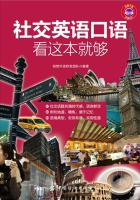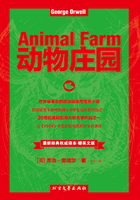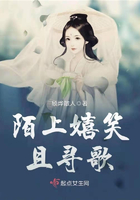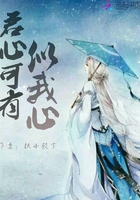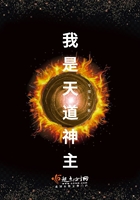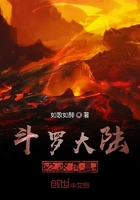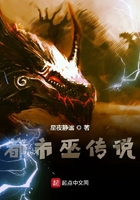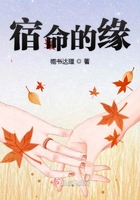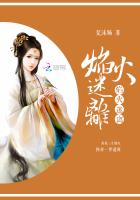温庭筠(812~870?),本名岐,字飞卿,今山西祁县人,唐代诗人。文思敏捷,精通音律。每入试,押官韵,八叉手而成八韵,时号“温八叉”。仕途不得意,官止国子助教。诗辞藻华丽,少数作品对时政有所反映。与李商隐齐名,并称“温李”。
他是第一个专力于“倚声填词”的诗人,其词多写花间月下、闺情绮怨,形成了以绮艳香软为特征的花间词风,被称为“花间派”鼻祖,对五代以后词的大发展起了很强的推动作用。惟题材偏窄,被人讥为“男子而作闺音”。其作品尤以《梦江南》(二)和《菩萨蛮》(一)为最著名。其中《梦江南》(二)是温词中别具一格的清新自然之作,该词明显受到民间曲子词的影响,以白描手法刻画一位思妇在江楼期盼丈夫归来的图景,“过尽千帆皆不是”,“肠断白蘋洲”,可谓风格清雅,语短情长。其词结有《金荃集》。
利州南渡
澹然空水对斜晖。曲岛苍茫接翠微。
波上马嘶看棹去,柳边人歇待船归。
数丛沙草群鸥散,万顷江田一鹭飞。
谁解乘舟寻范蠡,五湖烟水独忘机。
Near the Lizhou Ferry
The sun has set in the water’s clear void,
And little blue islands are one with the sky.
On the bank a horse neighs.A boat goes by.
People gather at a willow-clump and wait for the ferry.
Down by the sand-bushes sea-gulls are circling,
Over the wide river-lands flies an egret.
Can you guess why I sail,like an ancient wise lover,
Through the misty Five Lakes,forgetting words?
苏武庙
苏武魂销汉使前,古祠高树两茫然。
云边雁断胡天月,陇上羊归塞草烟。
回日楼台非甲帐,去时冠剑是丁年。
茂陵不见封侯印,空向秋波哭逝川。
The Temple of Su Wu
Though our envoy,Su Wu,is gone,body and soul,
This temple survives,these trees endure...
Wild geese through the clouds are still calling to the moon there
And hill-sheep unshepherded graze along the border.
Returning,he found his country changed
Since with youthful cap and sword he had left it.
His bitter adventures had won him no title...
Autumn-waves endlessly sob in the river.


